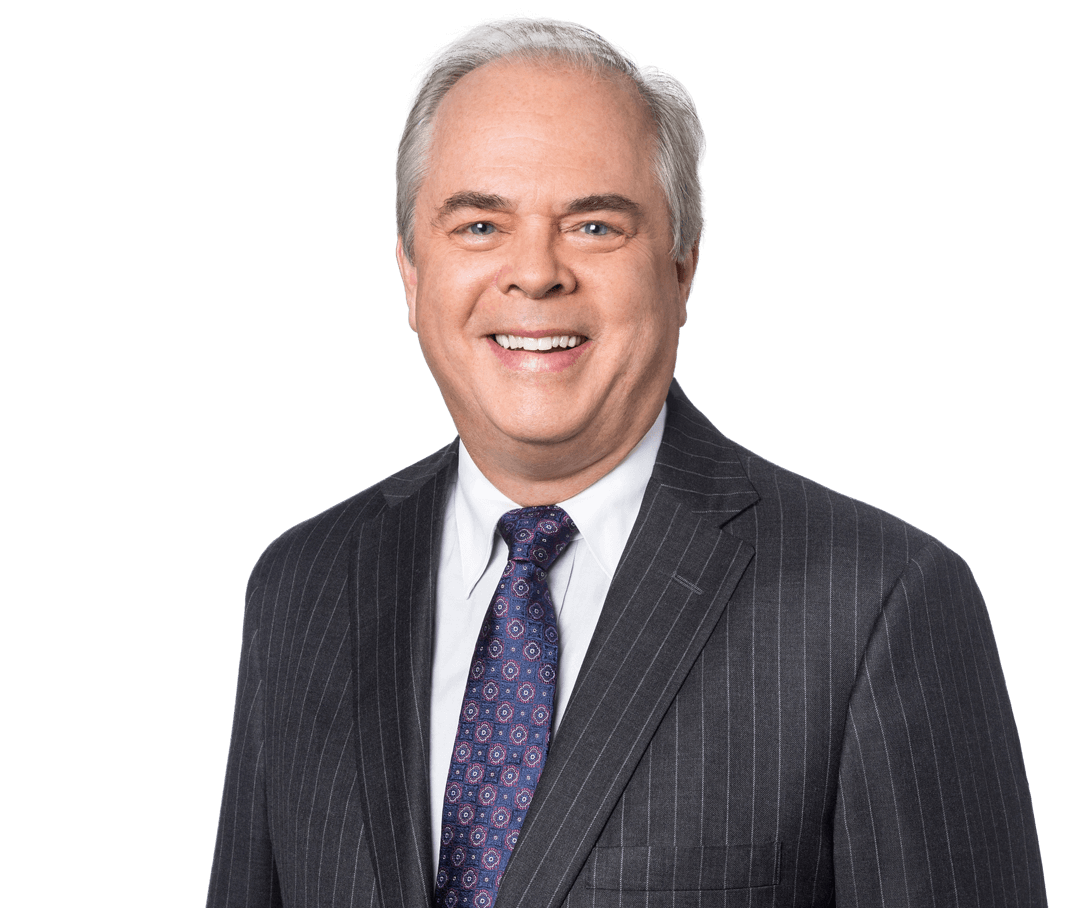NLRB Applies a Shifting Burdens Analysis in Reviewing Employer Work Rules; Boeing Overruled
August 10, 2023 | By: Patrick W. McGovern, Esq.
On August 2, 2023, the NLRB further limited employers’ flexibility in designing work rules by holding that all work rules will be reviewed on a case-by-case basis, and no work rules will get an automatic pass. The Board’s 3-1 decision in Stericycle Inc. holds that once the NLRB General Counsel proves that a work rule could chill employees’ exercise of Section 7 rights, there is a presumption that the rule is unlawful, which the employer can rebut only with proof that the work rule serves a lawful business interest, the rule advances the lawful interest, and a more narrowly tailored rule would not advance the interest.
With Stericycle, the Board has issued yet another 3-1 decision that overturns a precedential decision by the Trump-appointed Board. In its 2017 decision in Boeing Co., the Board articulated a “categorical approach” to employer work rules whereby it would determine a work rule’s lawfulness by balancing the rule’s impact on workers’ rights to organize against an employer’s business interests. By contrast, under Stericycle the Board will defer to employees’ interpretation of a rule and whether it restricts rights to engage in protected activity.
Stericycle enforced policies regulating personal conduct, conflicts of interest, and confidentiality of harassment complaints. The Administrative Law Judge found that Stericycle violated the NLRA by maintaining rules that employees could reasonably understand as prohibiting protected activity. On appeal, the Board majority expressly rejected the balancing test in Boeing and modified an older, worker-friendly analysis, holding that an employer’s policies will presumptively violate the NLRA if they have a “reasonable tendency” to chill organizing activity, such as confidentiality rules, non-disparagement rules, and rules prohibiting outside employment.
The Board majority stated that the Boeing standard gave too much weight to employers’ interests, and not enough weight to workers’ fears about violating ambiguous rules by engaging in protected organized activity, and that the Boeing standard failed to require the employer to narrowly tailor policies to advance their legitimate and substantial business interests.
Under Stericycle, what an employer meant its rule to accomplish is not a defense if the rule is susceptible to another reasonable interpretation that it infringes on Section 7 rights.
Moving forward, the Board will begin its analysis by assessing whether the NLRB General Counsel can prove presumptive unlawfulness. Board counsel will try to demonstrate that an employee "could reasonably interpret the rule to have a coercive meaning," even if the rule could also reasonably be interpreted as not restricting employee rights. The burden then shifts to the employer to prove that it has a “legitimate and substantial business interest” in maintaining the rule and that its interest cannot be achieved with a narrower rule.
The Board further determined that this new analysis will apply retroactively, but did not apply this new standard to Stericycle, and instead remanded the case to the ALJ for further consistent proceedings.
The lone dissenting Board member, Marvin Kaplan, claims that the new approach abandons the Board’s obligation to balance employee and employer rights by “inherently privilege[ing] employee rights while placing scant, if any, weight on employer interest,” and criticized Stericycle’s analytical framework as giving “effectively dispositive weight to the employee rights side of the balance."
The buzzwords coming out of the Stericycle decision are narrowly tailored. A work rule that can be interpreted as chilling the exercise of Section 7 rights may arguably serve an employer’s legitimate interests but if it is not narrowly tailored, the employer will be found to have violated the Act. As the Stericycle analysis applies retroactively, policies that may have been reviewed under the Boeing standard should be reviewed again. One Board prediction is obvious: “we do not expect our new standard to provide complete certainty and predictability in this area of the law.”
Should you have any questions or need additional information, please contact Patrick W. McGovern, Esq., Partner in the firm’s Labor Law and Employment Law & Litigation practice via email here or call 973.535.7129.
Tags: Genova Burns LLC • Patrick W. McGovern • Sydney M. Schubert • Boeing • NLRB • NLRA • Employee Rights


